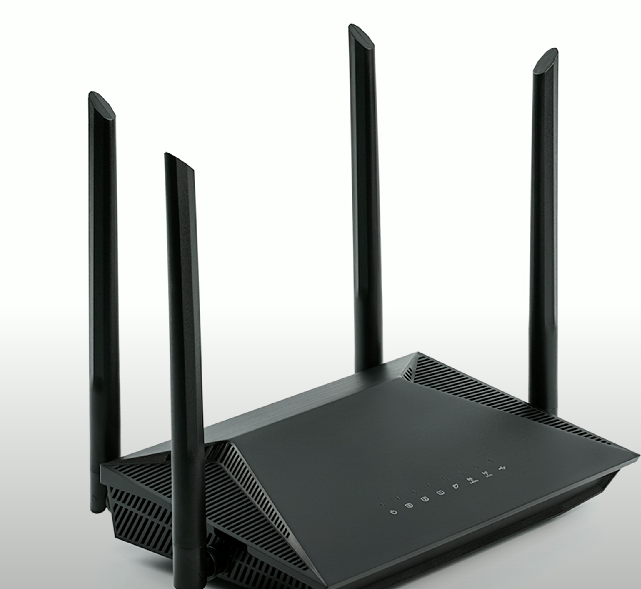2.3 - CompTIA A+ Core 2
1/16
There's no tags or description
Looks like no tags are added yet.
Name | Mastery | Learn | Test | Matching | Spaced | Call with Kai |
|---|
No analytics yet
Send a link to your students to track their progress
17 Terms
Criteria for wireless network security
Proper authentication, robust encryption, and wireless integrity.
Wireless authentication
Controls who gets access to a wireless network, using usernames, passwords, or multi-factor authentication (MFA).
Wireless encryption
Ensures all wireless communication is protected from eavesdropping by converting it into an unreadable format.
Wireless integrity
Ensures the received wireless data is identical to the original sent data using message integrity checks (MICs).
Wi-Fi Protected Access (WPA)
A security protocol designed to temporarily replace WEP, using TKIP for encryption.
Wi-Fi Protected Access 2 (WPA2)
A long-term replacement for WEP/WPA employing AES for encryption.
Wi-Fi Protected Access 3 (WPA3)

An upgrade to WPA2 that enhances AES cryptographic strength and security for key exchanges.
Temporal Key Integrity Protocol (TKIP)
Encryption standard for WPA that provides a new encryption key for each Wi-Fi packet.
Advanced Encryption Standard (AES)
Encryption standard for WPA2/3 that encrypts data in blocks of 128 bits with sophisticated algorithms.
Authentication process (overview)
Client device attempts to connect to an access point over the Internet. An authentication server checks the client device’s credentials, approves the credentials, and then allows access to the internal file server/internal network.
Open system
A wireless network that requires no password to authenticate.
WPA2/3-Personal (WPA2/3-PSK)
Uses a 256-bit pre-shared key for authentication where everyone on the network shares the same PSK.
WPA2/3-Enterprise (WPA2/3-802.1X)
Authenticates users individually using an authentication server.
Remote Authentication Dial-in User Service (RADIUS)
Provides centralized authentication for users across various network devices.
Terminal Access Controller Access-Control System (TACACS+)

The latest version of TACACS, providing more authentication requests and response codes. Frequently used with Cisco devices.
Kerberos
Network authentication protocol allowing a client to authenticate once and gain access to multiple services for a limited time.
Multifactor authentication (MFA)
Authentication that uses more than one factor to verify a user’s identity.